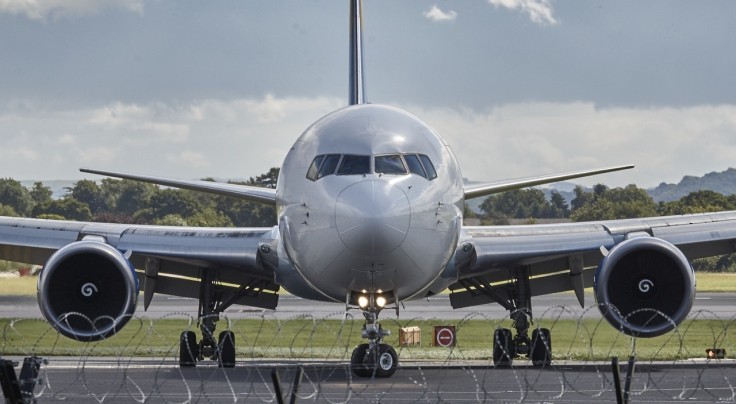
As college costs continue to skyrocket, more positions need to be filled out that do not require a four-year college degree - same with the aviation industry that does not require a degree of four years scrambling to fill empty positions. The looming problem on the shortage of aircraft mechanics resulted into well-paid jobs in aviation that is currently up for grabs.
Young aviation engineers can earn $72,000 annually quickly. Aircraft mechanics have average salaries up to $65,000 per year, compared to $51,000 for all U.S. workers, as reported by the Bureau of Labor Statistics.
Students at Lake Superior College in Minnesota are able to get accredited in as little as a year and a half, where enrollment has increased by more than 50 percent in the last year. When students graduate, the Federal Aviation Administration is trained to pass written, oral and practical examinations.
Just like Thomas Maharis, a recent graduate of high school who lives in Queens with his parents. As an aircraft technician, he receives $25 an hour. With just four graveyard shifts per week at the nearby John F. Kennedy International Airport, the 19-year-old repairs aircraft cabins for Delta Air Lines.
The aviation industry needs to employ thousands more like Maharis. His duties differ according to what the aircraft breaks or how rough passengers are. He also defined what things people are doing to the winds.
Delta said recently that it would offer $350,000 to 9 aviation schools across the country, including Aviation High School. Over the next decade, the carrier plans to hire 2,000 mechanics to replace the positions left by retirees.
Airlines, aircraft builders like Boeing and aircraft engine manufacturers like General Electric, are racing to ensure a pipeline of technicians to fix and maintain their aircraft are always available as a wave of current employees retires periodically.
The Aviation Technician Education Council said about 30% of the existing ranks of aircraft mechanics are at or near retirement age and are retiring faster than they are being replaced.
Other industries are also turning to schools to get a pipeline of workforce, including the Metropolitan Transportation Authority, which runs the subway and commuter rail in New York, and even a Queens company that makes hot-water boilers.
In another part of the country, General Electric, whose jet engines are among the most commonly used in the world, is struggling to staff a Lafayette-Indiana plant to keep up with worldwide demand for airliners. Some of its models will be sold out in the middle of the next decade. Some 400 engines came out of the factory last year, but in 2019 it aims to ramp up to 1,800.
Starting wages are close to $27 an hour and human resources manager Jamin Gallman said that within 4 years they can get up to $37 an hour. He is also promoting Indiana's low cost of living to get recruits into working for the company.
Boeing estimates that over the next 20 years, the aviation industry will need 754,000 new aircraft technicians and more than 80% of them are for the growing commercial aviation industry.
© 2025 University Herald, All rights reserved. Do not reproduce without permission.








